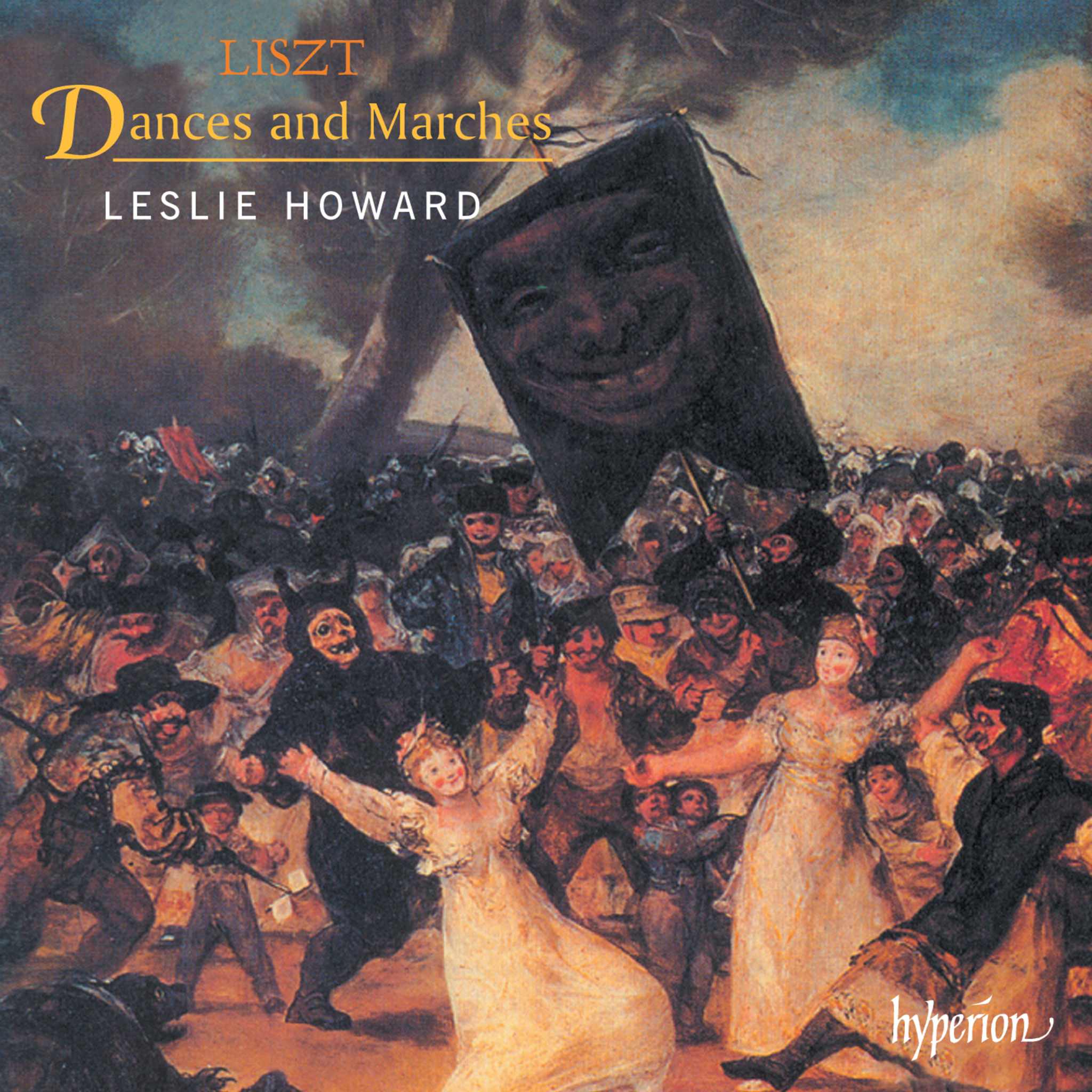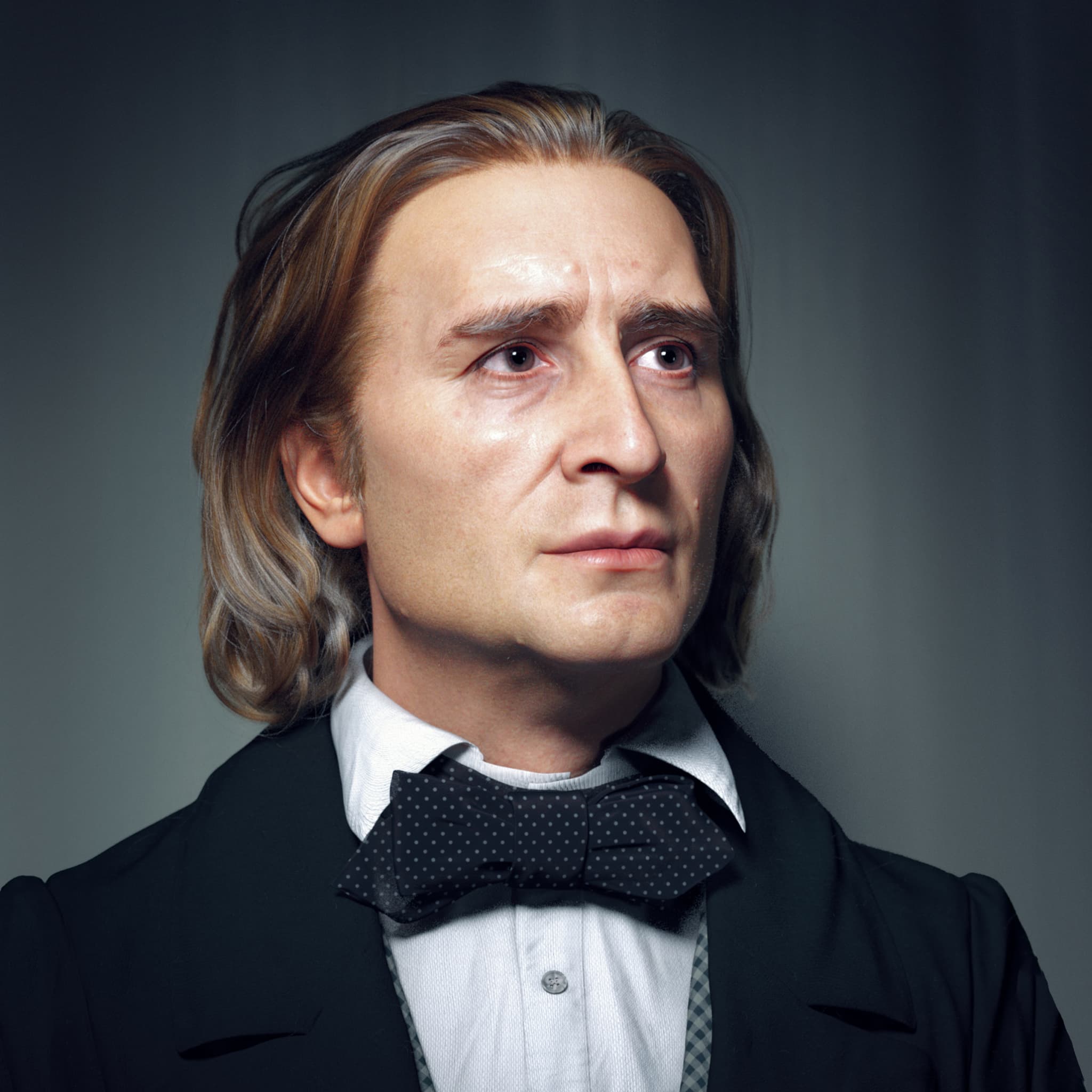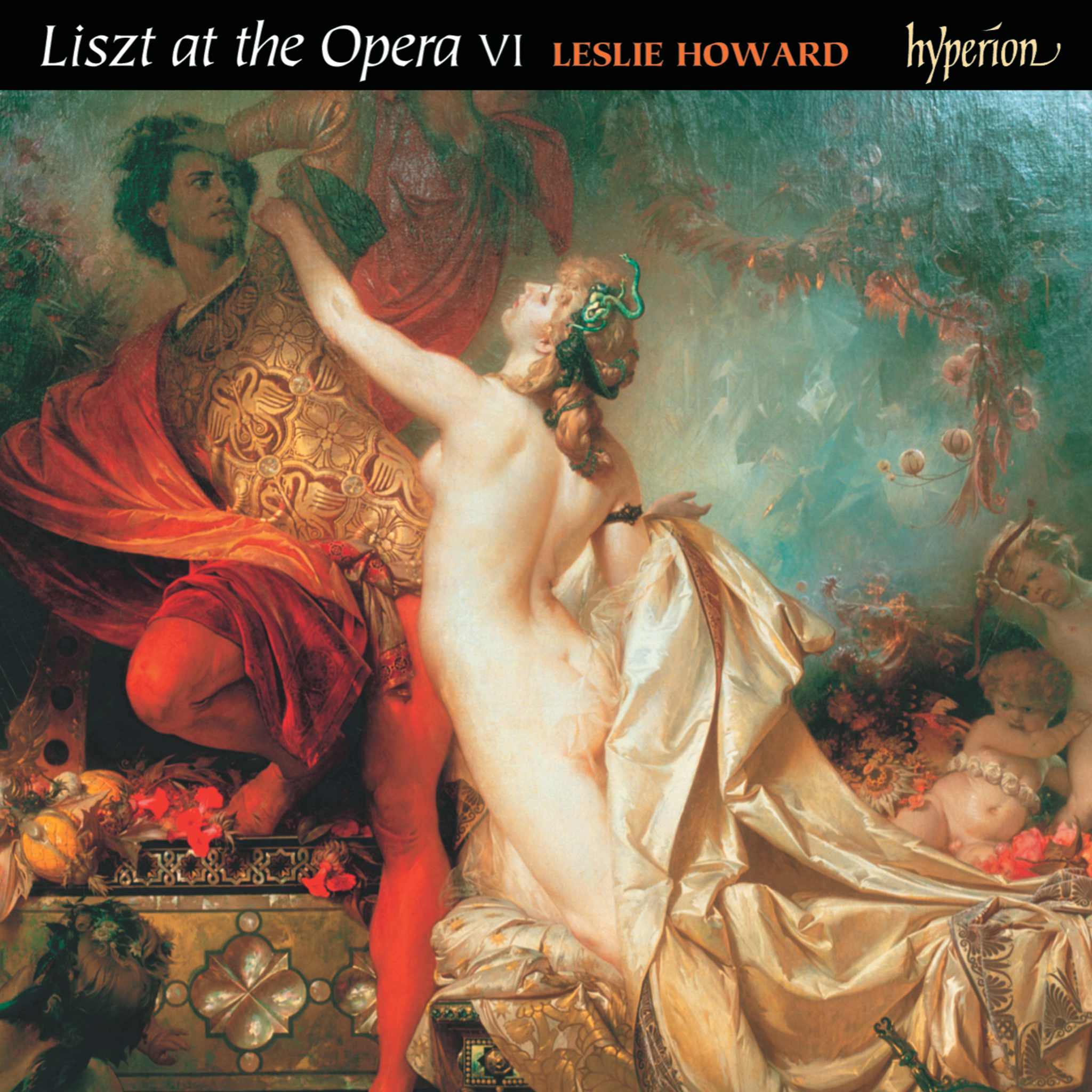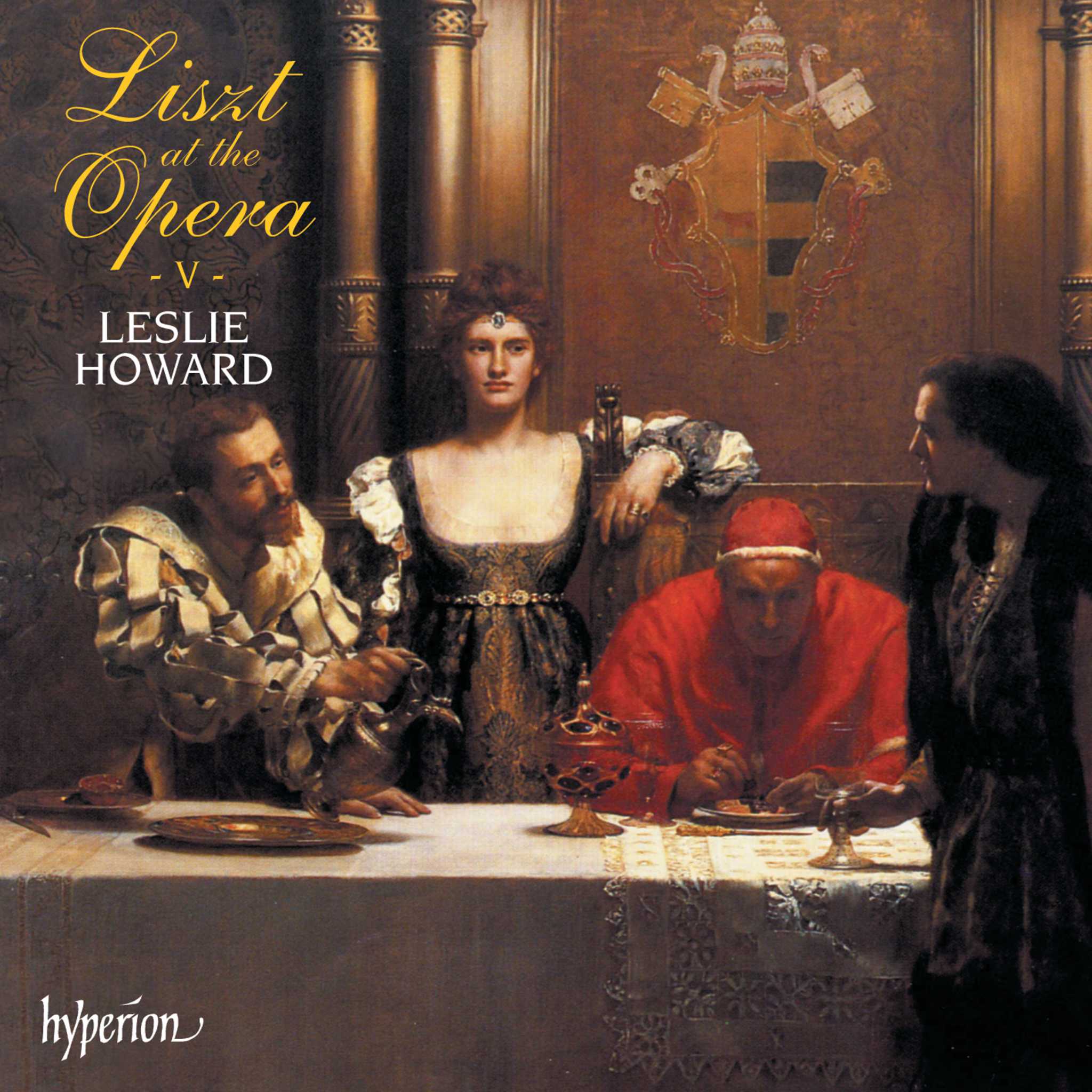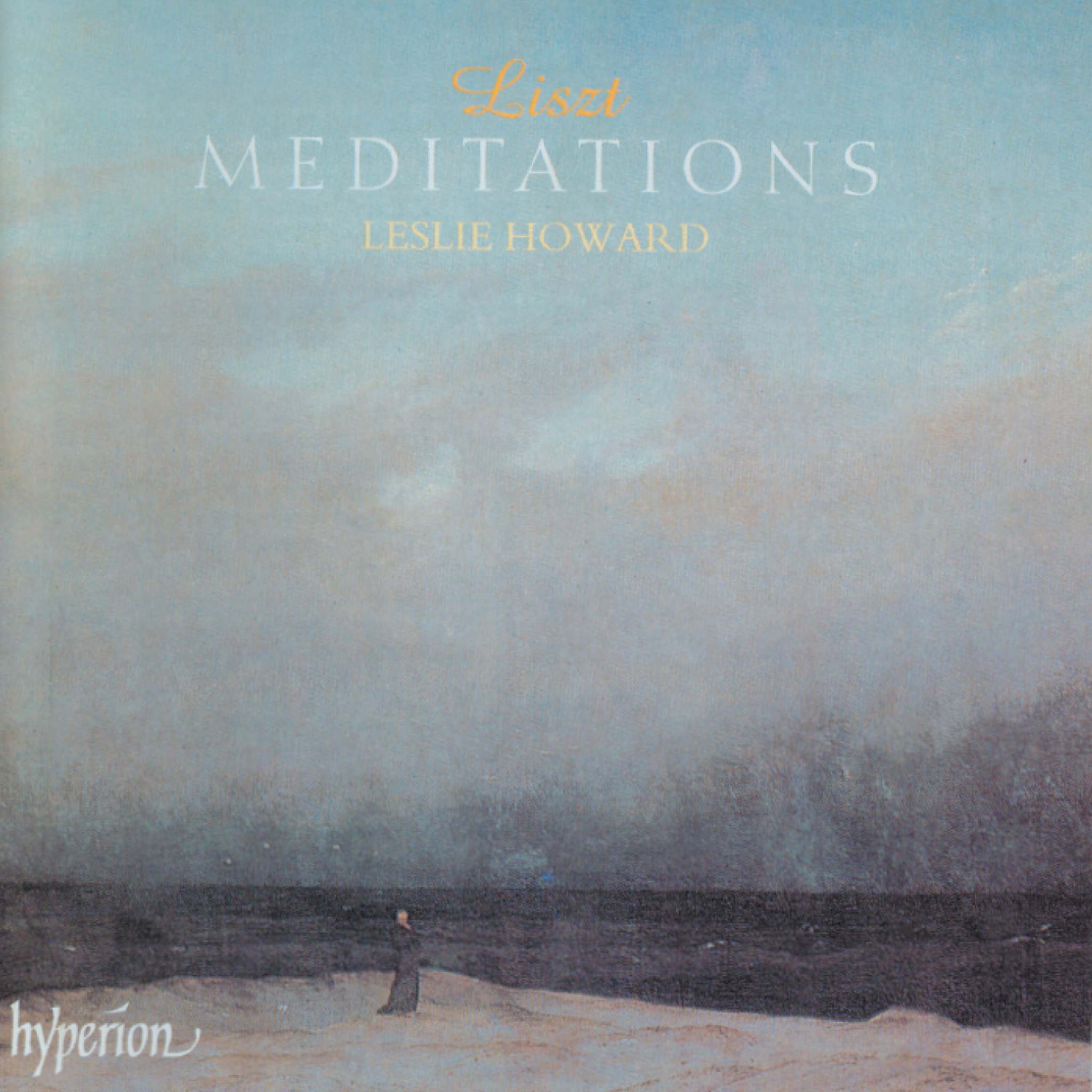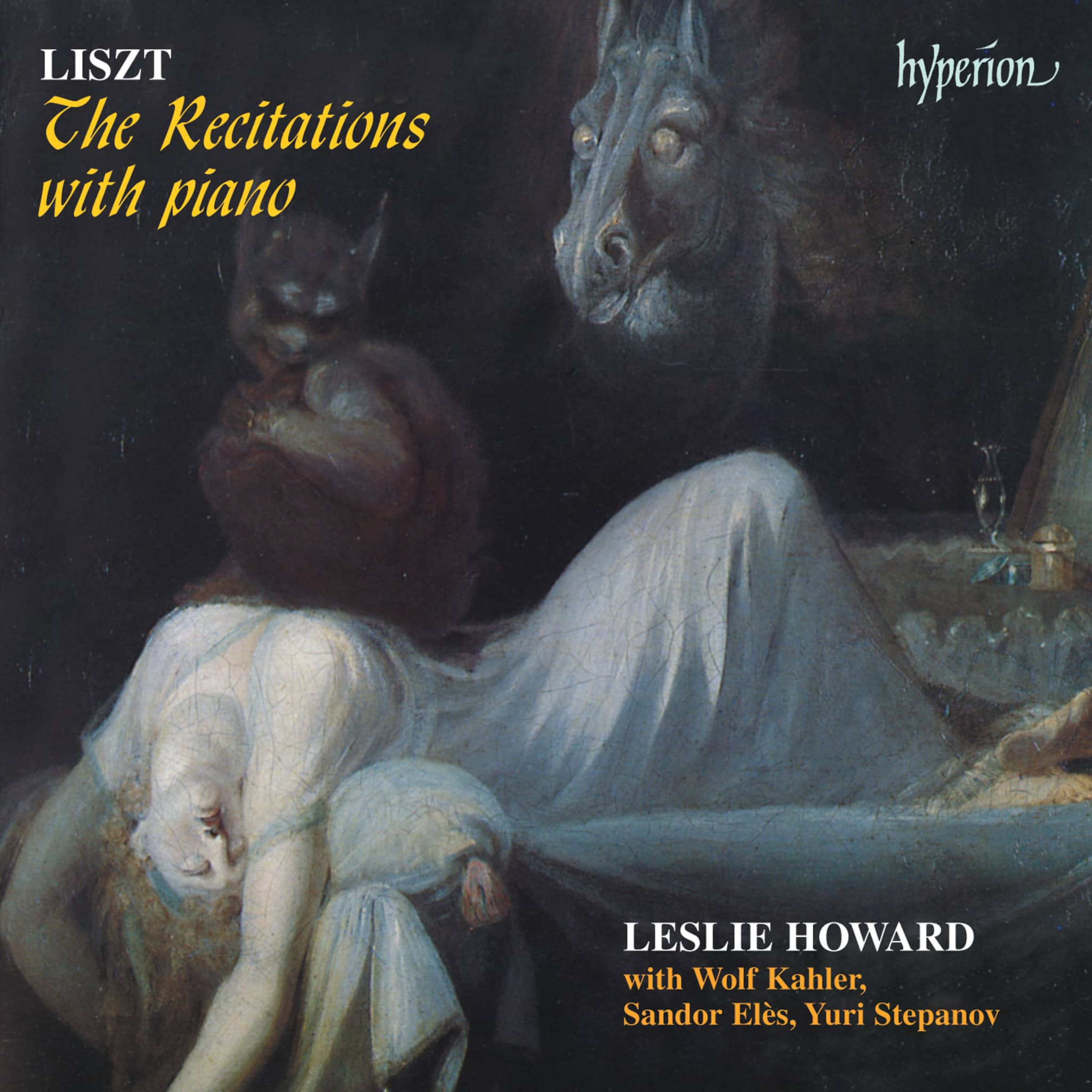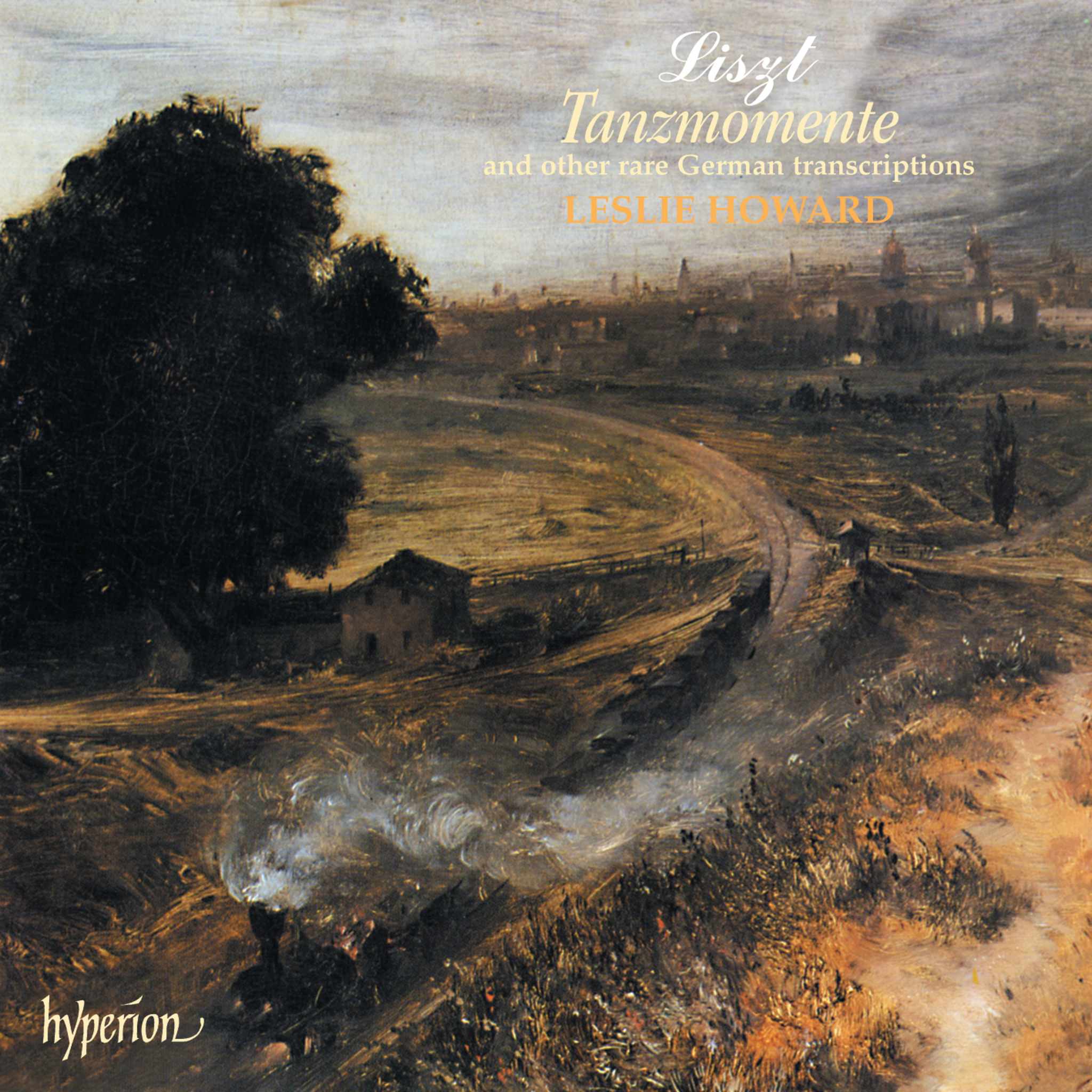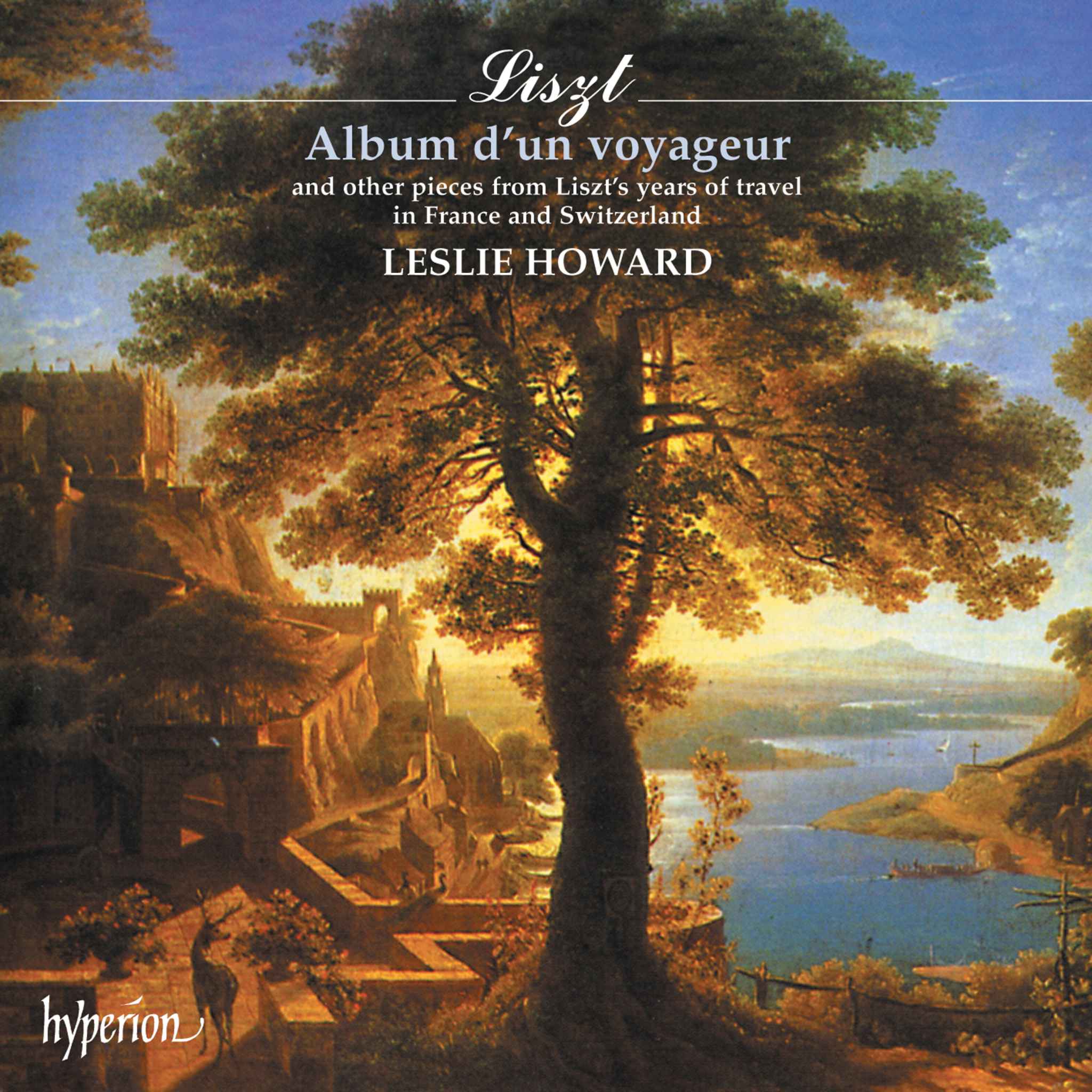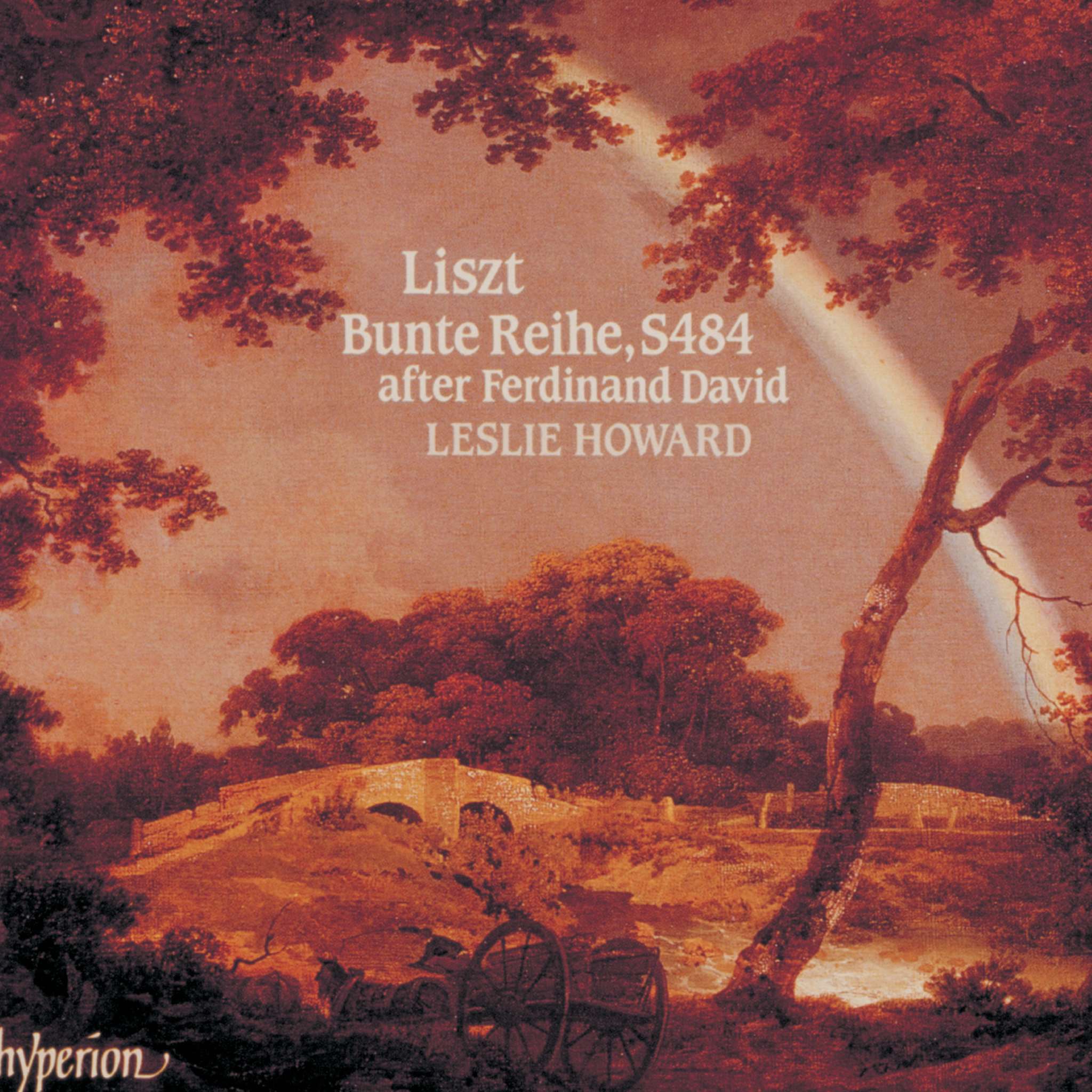This collection presents Liszt's piano works, including dances and marches, in their final form, excluding waltzes, four polonaises, and marches from oratorios. The Scherzo and the March, in particular, stand out due to their distinctive structure and foreshadow later Mephisto compositions. Despite their high technical demands, these pieces have often been overlooked, although Bülow delivered a flawless interpretation.
The Petite Valse favorite formed the basis for the Valse-Impromptu and brought Liszt considerable financial success. The Mazurka brillante, a unique contribution by Liszt to the mazurka genre, impresses with its authentically Polish sound.
The Grand Galop chromatique was a staple of Liszt's concert programs and was later expanded. The Galop in A minor was published posthumously, while the Festpolonaise and Csárdás offer insights into Liszt's later creative period.
The Mephisto Polka, which Liszt composed for his student Lina Schmalhausen, shows similarities to his later Mephisto works. Festive Prelude and various march compositions underscore Liszt's view of the march as a serious genre.
The significance of Liszt's marches has often been overlooked. He wrote marches for piano and orchestra, including both heroic and celebratory pieces. The stylistic diversity of his marches highlights the role of this form in music history.
His tribute marches and Hungarian marches, such as the famous Rákóczi March, reflect Liszt's close connection to Hungary. These works demonstrate Liszt's mastery of different musical forms and styles.

